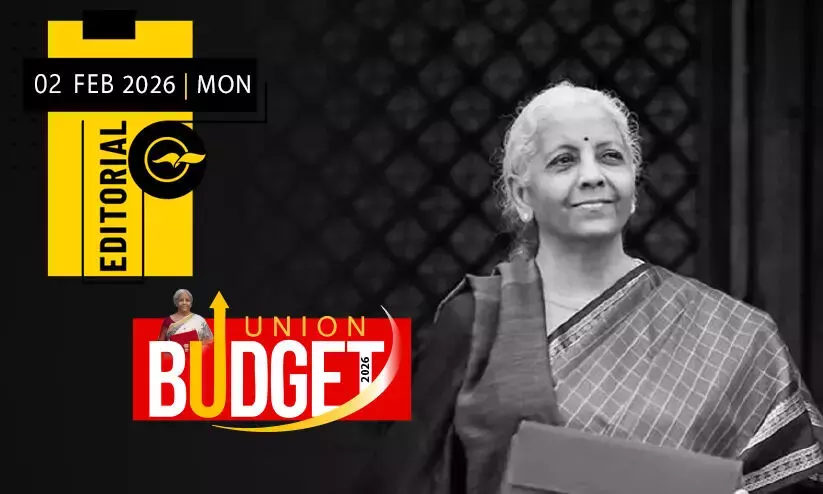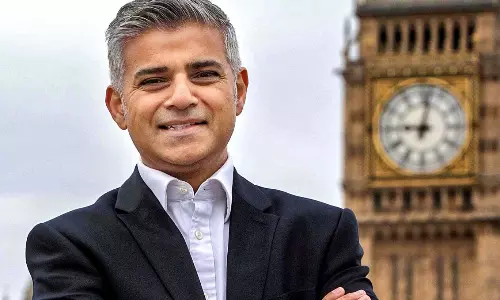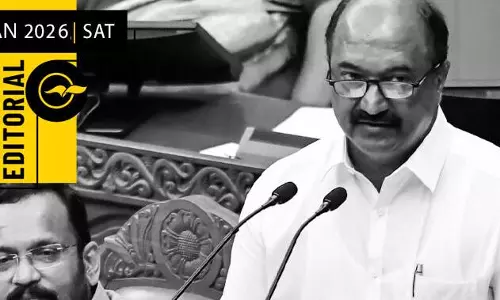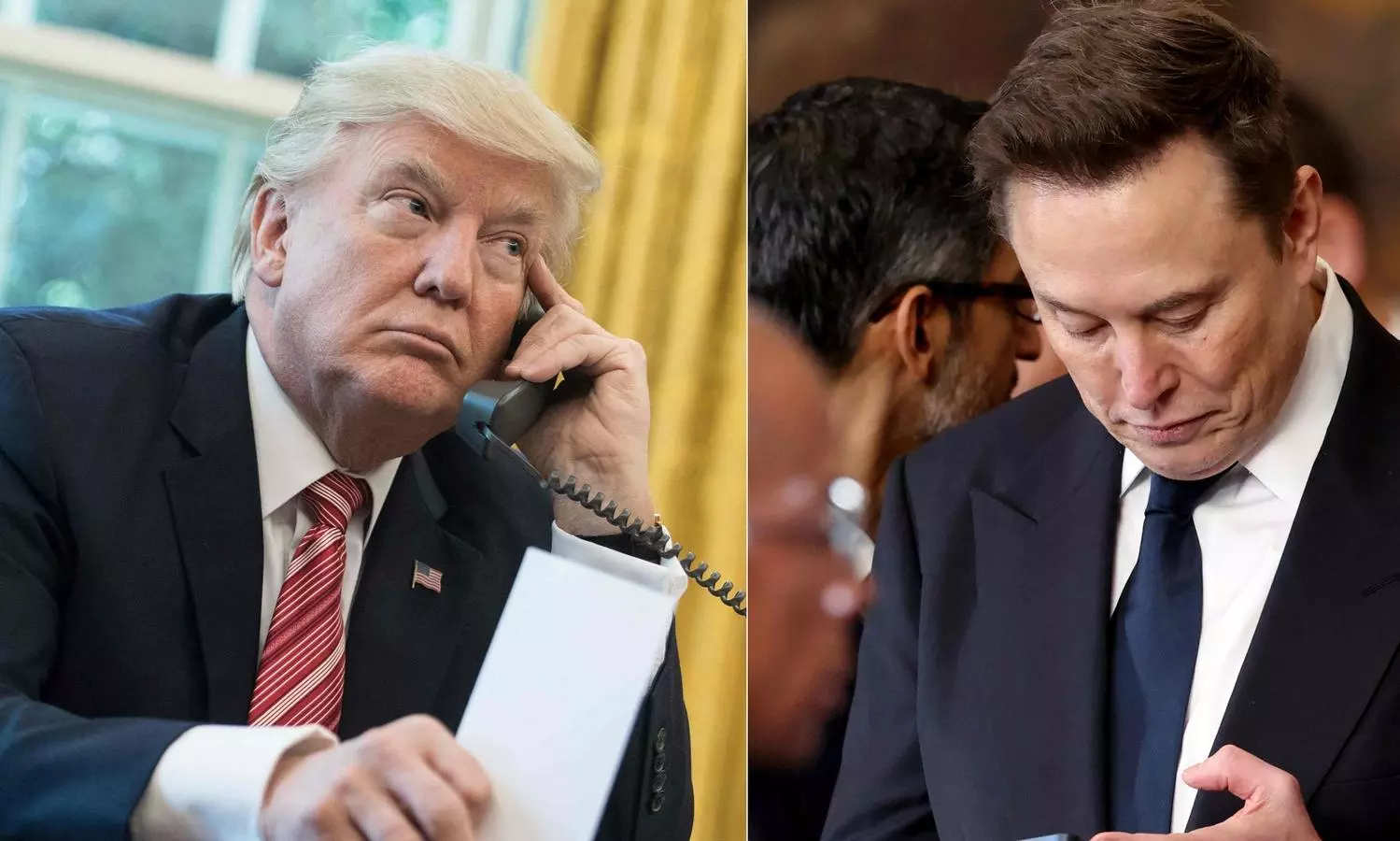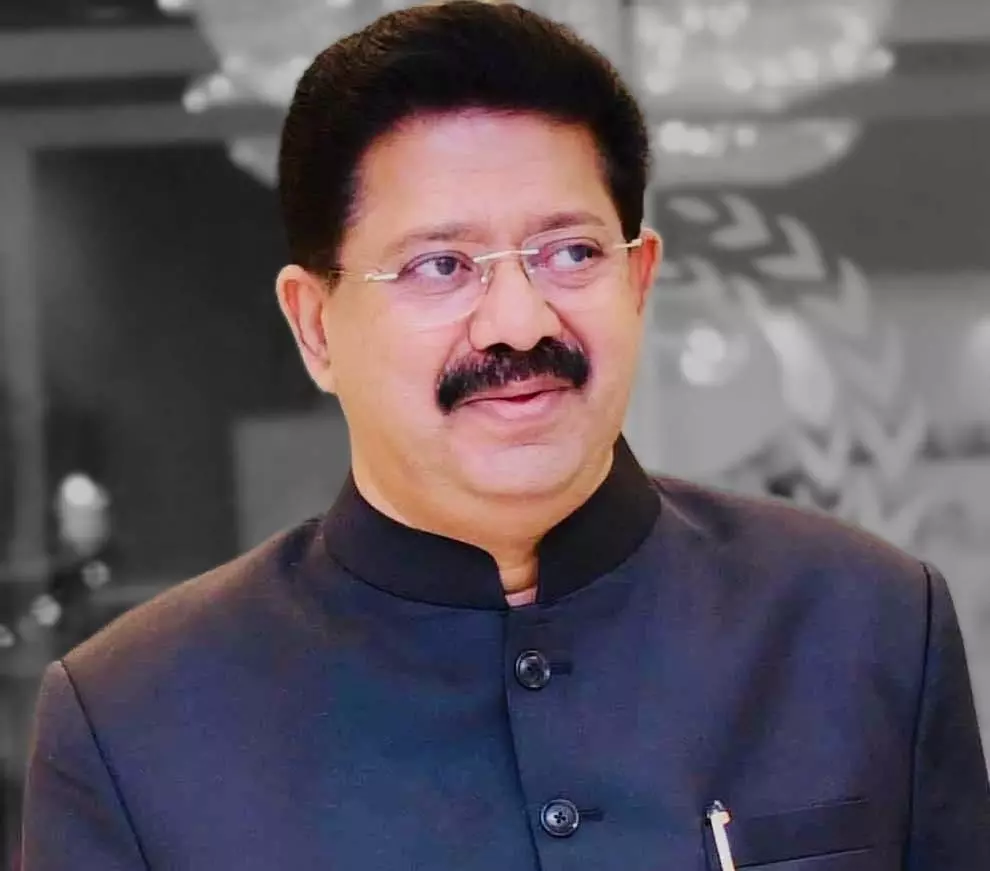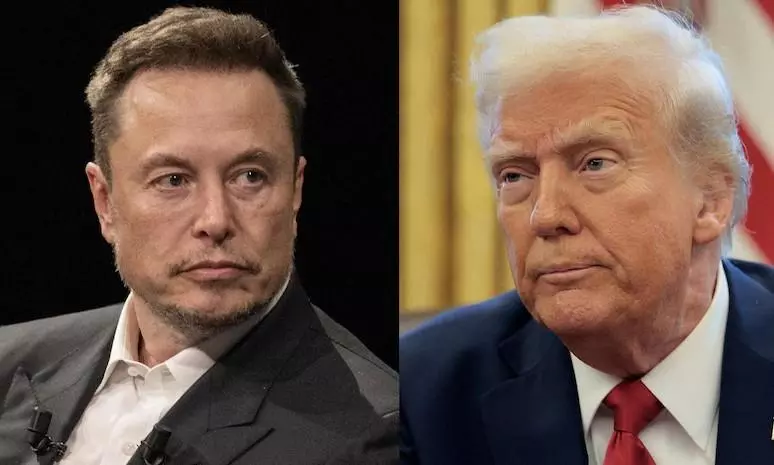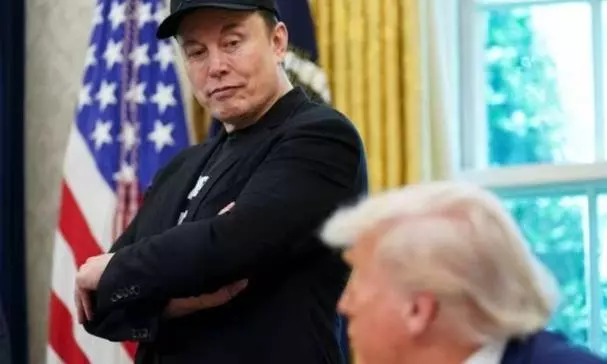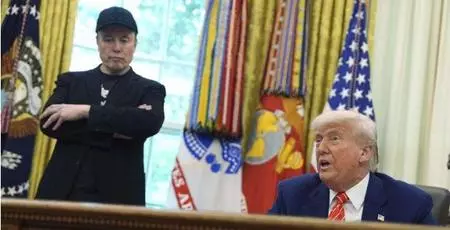
Trump–Musk rift: could it benefit India?
text_fieldsThe world is now watching the intensifying war of words between U.S. President Donald Trump and tech titan Elon Musk. What started as a powerful alliance has now evolved into a fiery feud, playing out live across platforms like Truth Social and X (formerly Twitter). The clash, once centred on policy, has now descended into personal attacks — with possible ripple effects across global geopolitics and economics.
Just weeks ago, the two were close allies. Now, they are fierce adversaries. The issues that triggered this fallout and the global implications of their split are being widely debated.
Their unusual alliance first drew global attention during the 2024 U.S. presidential campaign. Elon Musk, the billionaire brain behind Tesla, SpaceX, and X, donated over $100 million to Trump’s election effort. In addition, Musk used his platform X to amplify Trump’s messages, helping them reach politically disenchanted voters. In return, Trump hailed Musk as a “symbol of American innovation” and, upon assuming office, appointed him as an advisor to a new federal body, the “Department of Government Efficiency” (DOGE).
Initially, the alliance delivered results. Trump adopted Musk’s recommendation to slash federal spending by $2 trillion, bolstering the administration’s fiscal strategy. It seemed a perfect pairing: Trump’s political force and Musk’s tech vision appeared to create a formidable team.
SpaceX’s deepening ties with NASA and the Pentagon — including support for the Ukrainian military and global connectivity via Starlink — not only advanced U.S. strategic interests but also benefited both leaders early on.
However, it did not take long for cracks to emerge over Trump’s increasingly rigid trade policies, which clashed with Musk’s globally integrated business operations — particularly Tesla’s dependence on Chinese supply chains. These strategic differences led to growing tension.
On June 9,2025, the Trump administration raised steel and aluminum tariffs by 50%, sharply increasing Tesla’s production costs. Musk had previously warned Trump about the economic consequences of such a move in April.
Trump’s “America First” doctrine clashed with Musk’s globalist business model. The feud erupted publicly when Trump introduced his “One Big Beautiful Bill” — a massive domestic tax reform package. Musk criticised it on June 3 via X, calling it a “disgusting betrayal.” Trump hit back aggressively on Truth Social, calling Musk “insane” and demanding his resignation from the advisory role on May 29. Trump went further, threatening to terminate SpaceX and Starlink’s multi-billion-dollar federal contracts.
Musk formally resigned on May 30 and retaliated with a bombshell: he claimed Trump’s name appeared in sealed Jeffrey Epstein files. These documents reportedly contain the names of several high-profile individuals connected to Epstein, a convicted sex offender who died by suicide in 2019 while awaiting trial.
A War of Words with Global Fallout
By June 6, the feud had already rocked the financial markets. Tesla’s stock plunged 14%, wiping out $150 billion in market value. Shares of Trump Media & Technology Group dropped 8%. While some dismiss this as a personal spat between two powerful egos, the implications are far-reaching. In today’s world, where politics and tech are deeply intertwined, such conflicts are rarely isolated. The Trump–Musk fallout will likely affect global tech, defence, and trade sectors.
If the Trump administration proceeds to cancel SpaceX contracts, it could open new opportunities for other space agencies — including India’s ISRO. This may pave the way for greater international collaboration on India’s lunar mission (Chandrayaan) and its ambitious human spaceflight program (Gaganyaan).
However, there could also be setbacks. For instance, the steep rise in U.S. tariffs on Indian steel exports may hurt domestic industries. Tesla’s much-awaited India entry could face further delays. Meanwhile, the Trump–Musk showdown on social media could trigger tighter tech and data regulations in the U.S., which might ripple into India’s own digital policy landscape.
Musk’s extensive influence over digital platforms might invite regulatory scrutiny. If regulatory pressure escalates in the U.S., Musk’s tech ventures could relocate to more “friendly” jurisdictions — potentially benefiting Indian tech hubs like Bengaluru.
A Message for India — and the World
The message from the Trump–Musk fallout is loud and clear: political theatrics can cause real economic tremors. In this age of unpredictable alliances, personal chemistry between leaders can disrupt national interests.
For countries like India, the lesson lies in focusing on stability, diversified partnerships, and long-term strategic thinking — not on transient friendships between billionaires and politicians.
(The author is a political, technology, and global affairs commentator)













